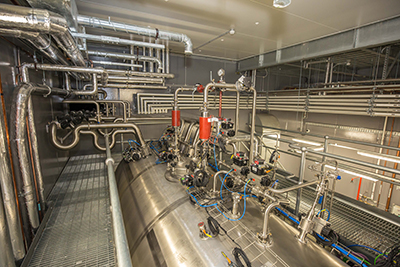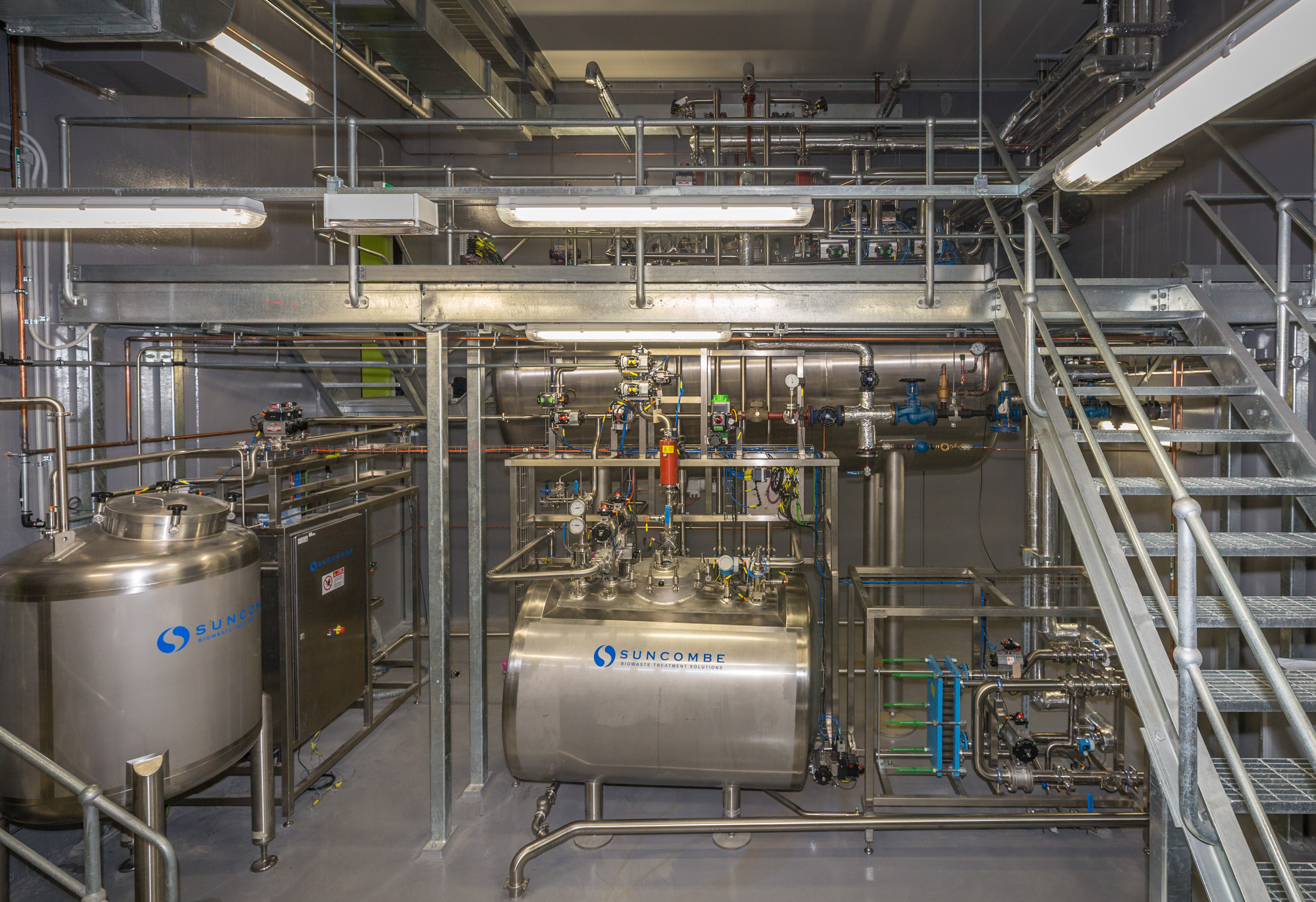
Safeguarding Australia’s environmental biosecurity is critical in preventing the introduction and spread of pests and diseases, and the Post Entry Quarantine (PEQ) facility in northern Melbourne is setting the benchmark in international best practice with the use of stainless steel.
The PEQ facility in Mickelham is a state-of-the-art, purpose-built operation constructed to streamline the country’s quarantine services and consolidate five pre-existing Commonwealth PEQ facilities spread across New South Wales, Victoria, South Australia and Western Australia. Managed by the Department of Agriculture and Water Resources, the 144ha site includes an administration building, modern laboratories, dog and cat receiving areas, horse facilities and separate compounds for birds, ruminants, bees, plants, horse veterinarians and dogs and cats. Today, as Australia’s flagship quarantine control centre, the integrated PEQ facility is the first point of entry for all imported animals, plant material and insects entering the country, providing secure accommodation and biological containment.
One of the more challenging aspects of the PEQ facility’s construction was the design and build of the avian compound. The complex and demanding brief included the delivery of five high-criticality biocontainment units under Quarantine Containment Level 3 (QC3) requirements, the highest level of biosecurity containment. Containment of micro-organisms and prevention of their release is of utmost importance. Mitigating and eliminating risk of exotic pathogens and disease connected to avian imports such as fertile eggs and live birds is critical.
In association with UK-based Suncombe Engineering, a worldwide leader in the field of wastewater decontamination, ASSDA Member Fineweld Stainless Steel was engaged by hydraulics contractor Geschke Plumbing to supply, manufacture, and install the wastewater decontamination plant system and connecting containment pipework for the treatment of QC3 biowaste products in the avian compound.
The wastewater decontamination plant system required a 12,500L collection vessel and 1,750 heat treatment vessel, and the collection vessel was fabricated from 316 grade and the treatment vessel from 2205 duplex stainless steel with a 2B 0.6μm finish in Fineweld Stainless Steel’s Carrum Downs workshop. Following manufacture, the treatment vessel was packaged and transported to Suncombe Engineering in the UK for final assembly into the wastewater decontamination plant and to undergo a complete Factory Acceptance Test (FAT) as a certified testing authority. The wastewater decontamination plant was then transported back to Fineweld Stainless Steel in Australia for pre-testing at their facility and then installation on site.
In addition to the two vessels, Fineweld Stainless Steel installed and welded the connecting pipework on site, manufactured from 5t of 316 grade stainless steel. All pipework welded joints – approximately 1,500 butt welds – were orbital welded and each one inspected, tested and recorded as part of the project scope to comply with the client’s strict QC3 requirements. QC3 facilities use gaseous decontaminants including vaporised hydrogen peroxide and chlorine dioxide. The use of stainless steel offers material strength, hygiene and resistance to both corrosion and the chemicals required to deactivate pathogens, whilst ensuring a gas-tight system for fumigable ductwork.
The installation took place two stories underground, therefore manufacturing and pre-spooling had no margin of error. Extensive logistical challenges were diligently managed, and in collaboration with Suncombe Engineering and Geschke Plumbing, the project was delivered on-time and on budget by the Fineweld Stainless Steel team.
In what would have been traditionally manufactured and imported from overseas suppliers, Fineweld Stainless Steel is showcasing the high quality and technical capability of Australian stainless steel manufacturing, producing high-end pressure vessels and complex works for a demanding and precise application. World-class infrastructure demands high quality products and long-term asset performance, both of which have been successfully delivered for the avian compound of Mickelham’s PEQ Facility through superior local workmanship and the use of stainless steel.


Photo credit: Geschke Plumbing
This article is featured in Australian Stainless Magazine issue 69, 2020.